Finance and Economic Development minister Mthuli Ncube has proposed setting up a sovereign wealth fund (SWF) to help boost economic growth, but the plan is being hampered by a critical funding shortfall, with a private investor offering to bankroll the initiative.
President Emmerson Mnangagwa, who replaced iron-fisted ruler Robert Mugabe as Zanu-PF leader late last year, is trying to rekindle growth but is battling a worsening currency crisis.
The African Medallion Group (AMG) – a leading Johannesburg-based yellow metal processor – has mobilised R1 billion worth of gold assets, which it has said can be leveraged to jump start Zimbabwe's SWF.
There were no immediate details from Ncube on where the money for the fund would come from, but the minister emphasised in his 2019 National Budget his desire to operationalise the SWF for building reserves for the country.
SWF is a state-owned investment fund that is commonly established from the balance of payment surpluses, official foreign currency operations, the proceeds of privatisation, government transfer payment, a fiscal surplus and receipts resulting from resource exports.
Zimbabwe does not have money but has a large, albeit struggling, mining industry.
While the Sovereign Wealth Fund bill was approved by Cabinet on November 6 2013, it has not yet been operationalised because the capacity is non-existent. Reserves cannot be built up when the government is in a deficit.
The idea of setting up a SWF, which other emerging markets such as Russia use to lift growth at times of weak commodity prices, was dropped by Zimbabwean officials several years ago when commodity prices plunged.
Earlier this year, AMG founder Frank Buyanga proposed bankrolling the SWF, but government never took the yellow metals processor on its offer.
"The establishment of a SWF was identified as one of the financing mechanisms necessary to ensure a more effective implementation of the Zimbabwe Agenda for Sustainable Socio-Economic Transformation. As such, my team… would like to actively participate by funding start up as well as balance sheet support… (to) allow Zimbabwe's SWF to start making traction on its goals to develop (the country) economically," a January 10 AMG letter to then Finance secretary Willard Manungo said.
"As AMG, we want to be part of the new Zimbabwe by helping our SWF reach its goals and also get the necessary financial ability to do so.
As an entrepreneur, l am aware that… the fiscus is stretched so thin and has nothing to spare, (and hence) the practicality of SWF for Zimbabwe is then close to impossible," he said.
With SWFs being typically a state-managed pool of money drawn from any nation's resource-driven surplus and reserves, its proceeds are usually invested in various international assets such as bonds, property and equities for the future benefit of the country.
Despite having a 10-member board in July 2015 and receiving a $1 million budget allocation in the same year, the fund has failed to take off due to economic challenges and ills, including a recurrent budget deficit, which several analysts and government officials have identified as the single largest impediment to Zimbabwe's dreams.
In exactly twelve months it will be time to present the 2020 budget and the success or failure of Ncube' s aspirations as enunciated in the 2019 budget will largely depend on whether the government walks the talk.
And it emerges that when there was a change of government, the new administration in Finance, headed by Ncube and his secretary George Guvamatanga were not appraised of AMG's offer, which still remains on the table.
While Manungo acknowledged receipt of the letter from AMG, he seemingly did not appraise Guvamatanga of the SWF offer when he left the Finance ministry and was shunted to head the State Enterprise Reform and Corporate Governance Unit at permanent secretary level.
AMG feels the SWF will make a positive difference if government takes it up on its offer.
With the decline in commodity prices under way, it now seems unlikely that any funds will flow from government tax revenue into the SWF in the foreseeable future.
But AMG could rescue the situation given a big hole in government's fiscal governance arrangements.
Sorting out exactly how these arrangements are going to work, including what fiduciary restraints are put in place on their management, will make the critical difference between whether the objectives that are supposed to be served by the SWF are served or whether the outcomes are a mess.
And Buyanga - a director of the continental lobby Pan African Business Forum - is no stranger to such controversial missions "to help his country" as he has previously offered the Zimbabwean government to "hire International Criminal Court lawyers to prepare for any eventualities at the height of Harare's isolation".
Recently, the self-styled financier and property investor has also offered a Rand 500 million facility for skint Zimbabwe to import basic goodies under his African Medallion Group, which authorities have been dilly-dallying about.
- dailynews
 Zanu-PF extends winning streak in local polls
Zanu-PF extends winning streak in local polls  Ramaphosa posts explicit videos on X
Ramaphosa posts explicit videos on X  India dumps US Treasury bills
India dumps US Treasury bills  ZSE and VFEX recover after weak 1st half
ZSE and VFEX recover after weak 1st half  Gold edges up as traders await guidance
Gold edges up as traders await guidance  Fastjet adds early morning Joburg-Harare flight
Fastjet adds early morning Joburg-Harare flight  Young Investment Professional (YIP) Graduate Programme 2019
Young Investment Professional (YIP) Graduate Programme 2019 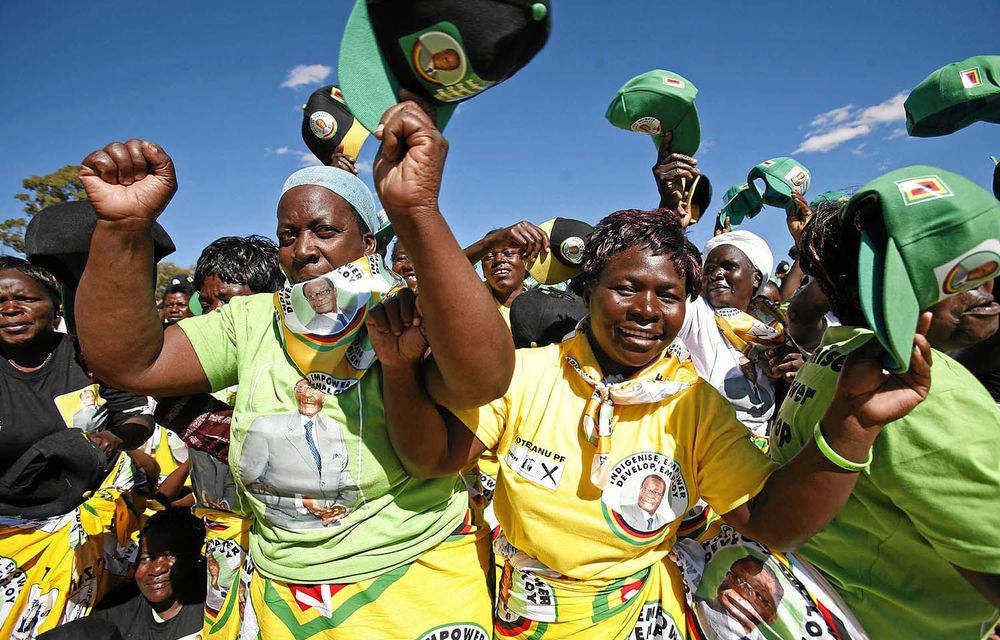
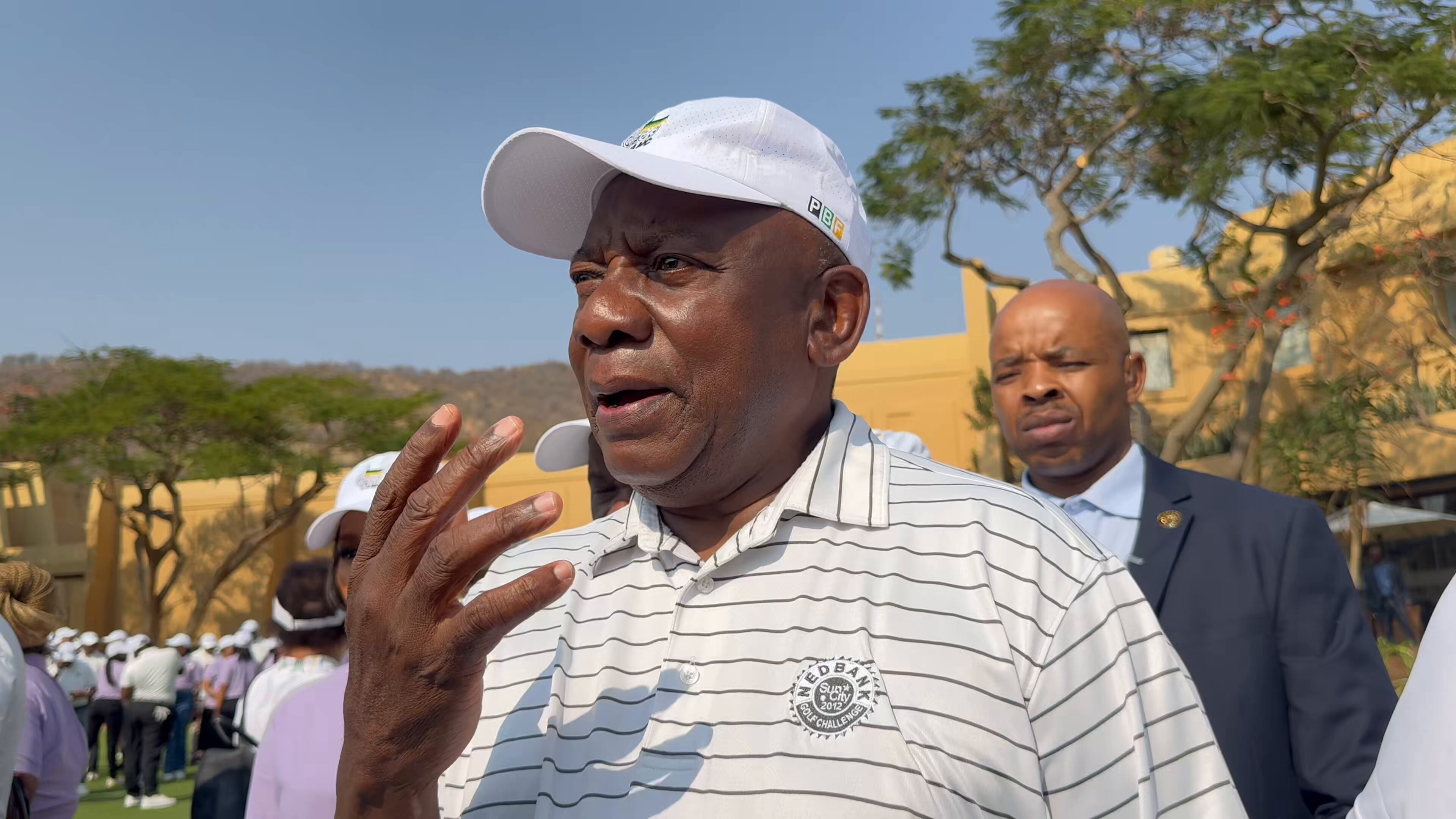



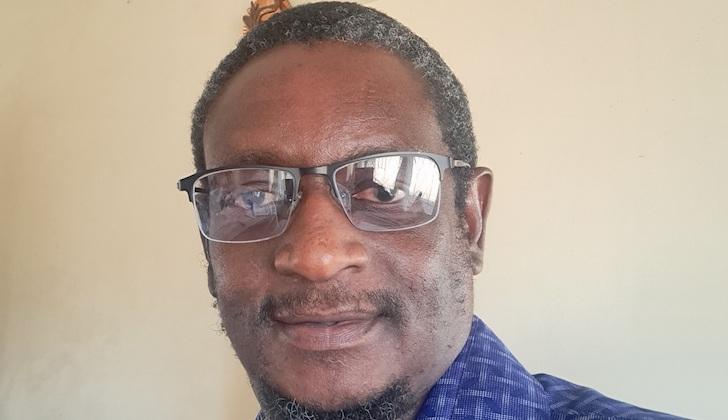


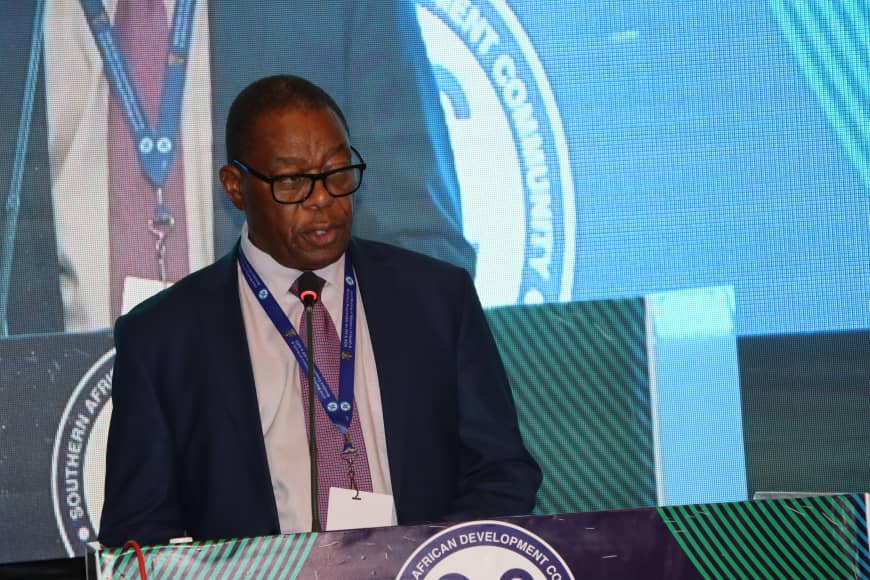


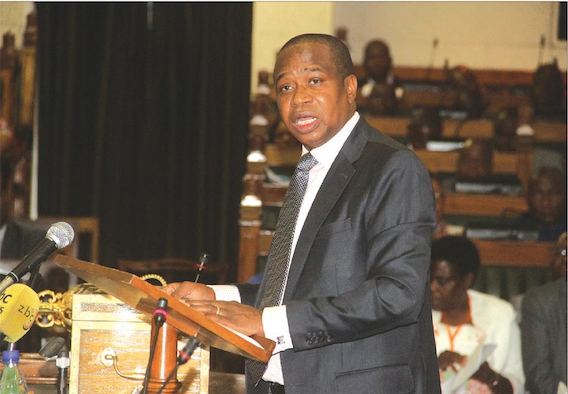
 Young Investment Professional (YIP) Graduate Programme 2019
Young Investment Professional (YIP) Graduate Programme 2019
Editor's Pick